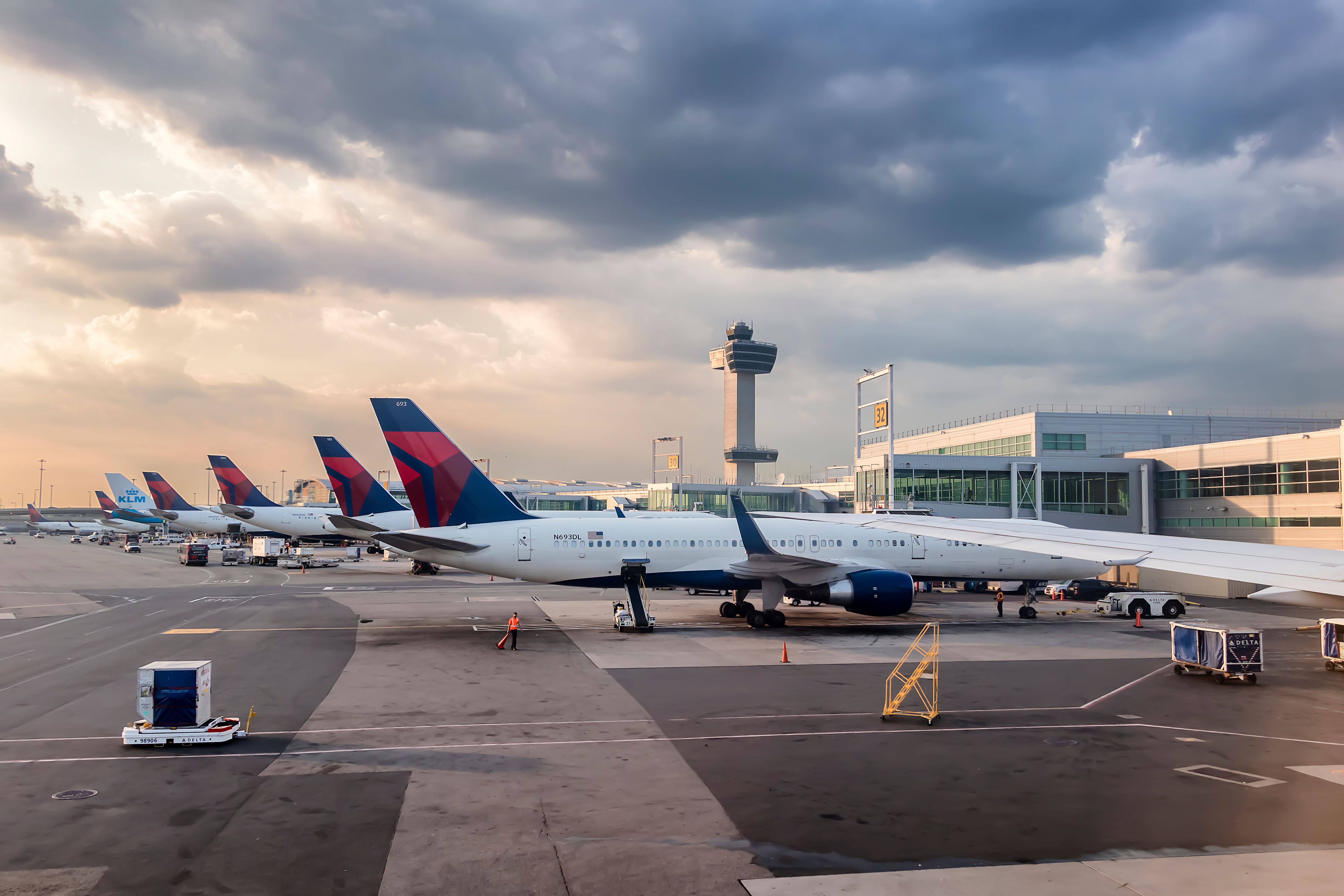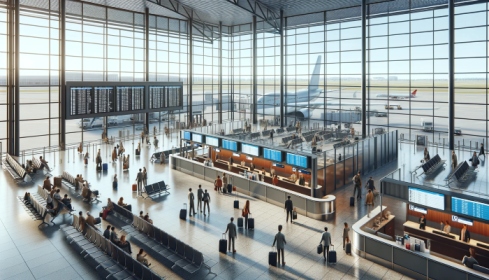Summary The chief executive of CrowdStrike shared his willingness to sit down with Delta Air Lines and resolve any issues related to the IT outage. Previously, Delta Air Lines said that it would pursue legal action against CrowdStrike and Microsoft. Between July 19 and July 24, Delta Air Lines canceled over 7,000 flights during and after the IT outage.
The chief executive of CrowdStrike has stated that he was open to a conversation with its customers, including Delta Air Lines, following the global IT outage that the company had caused in July. Open to sitting down In an interview with CNBC , George Kurtz, the chief executive officer (CEO) of CrowdStrike, remarked that people could sit down, have a business conversation, and potentially reach a resolution. “Delta’s a customer, and like any customer, you want to try to get this resolved [.

..] in the most expeditious way, and we’re certainly willing and open to do that.
” While the global IT outage affected many airlines in the world, especially in the United States, Delta Air Lines’ operations collapsed for almost a week, with the airline’s software issues resulting in severe disruptions across its network. According to data from Flightradar24 , airlines in the US canceled 16,334 flights between July 19 and July 21, while Delta Air Lines had been forced to ax more than 7,000 flights from July 19 to July 24. However, a class action lawsuit brought forward by three individuals on August 6 alleged that while Delta Air Lines stated that its operations returned to normal by July 25, “passengers reported flight disruptions and cancelations through July 31, 2024, nearly two weeks after the CrowdStrike outage.
” The passengers filed a lawsuit in Atlanta, where Delta Air Lines' headquarters are located. Refusing help Weeks after the IT meltdown, CrowdStrike and Delta Air Lines’ counsels sent each other letters, starting with the latter threatening the former. Michael Carlinsky, the counsel of CrowdStrike, wrote to David Boies, whom the airline hired shortly after the meltdown , reiterating the company’s apology to Delta Air Lines and its customers.
“However, CrowdStrike is highly disappointed by Delta’s suggestion that CrowdStrike acted inappropriately and strongly rejects any allegation that it was grossly negligent or committed willful misconduct with respect to the Channel File 291 incident.” Carlinsky added that CrowdStrike’s post-incident review contradicted the airline’s suggestion that the cybersecurity firm had failed to test and validate its update, which crashed IT systems worldwide. “Additionally, CrowdStrike’s CEO personally reached out to Delta’s CEO to offer onsite assistance but received no response.
” Days later, Microsoft’s counsel also stated that the company’s CEO reached out to Ed Bastian, the CEO of Delta Air Lines, with the latter failing to reply to the former. The counsel of CrowdStrike asked why Delta Air Lines' competitors had managed to restore operations much quicker following the IT meltdown. Pursuing legal claims In a US Securities and Exchanges Commission (SEC) filing on August 8, Bastian said that such an operational disruption was unacceptable and that its customers and employees deserved better.
“We are pursuing legal claims against CrowdStrike and Microsoft to recover damages caused by the outage, which total at least $500 million.” Delta Air Lines added that it expected that the direct revenue impact in Q3 would be around $380 million, primarily driven by cash or SkyMiles refunds to customers. The airline estimated that it would have to bear another $170 million of non-fuel costs associated with the IT outage and the subsequent operational recovery.
However, its fuel costs should be around $50 million lower due to the sheer number of flights it canceled in July, resulting in 1.5% year-on-year (YoY) lower capacity in Q3. The law firm's investigation follows several lawsuits and legal actions that began after the week-long operational meltdown at Delta Air Lines.
.



















